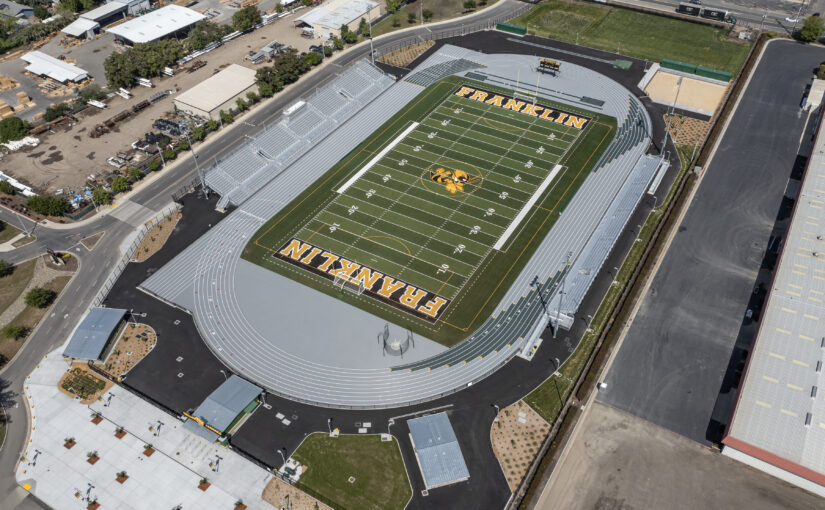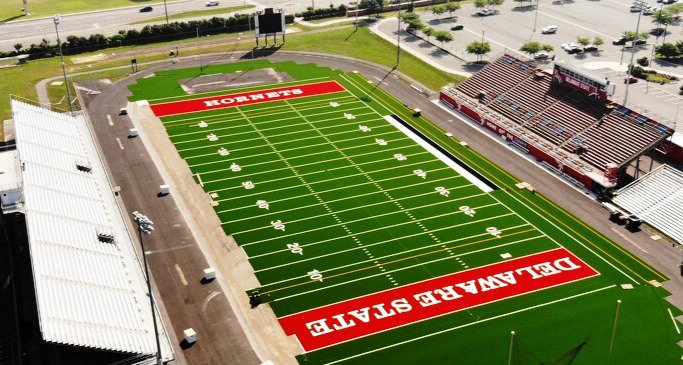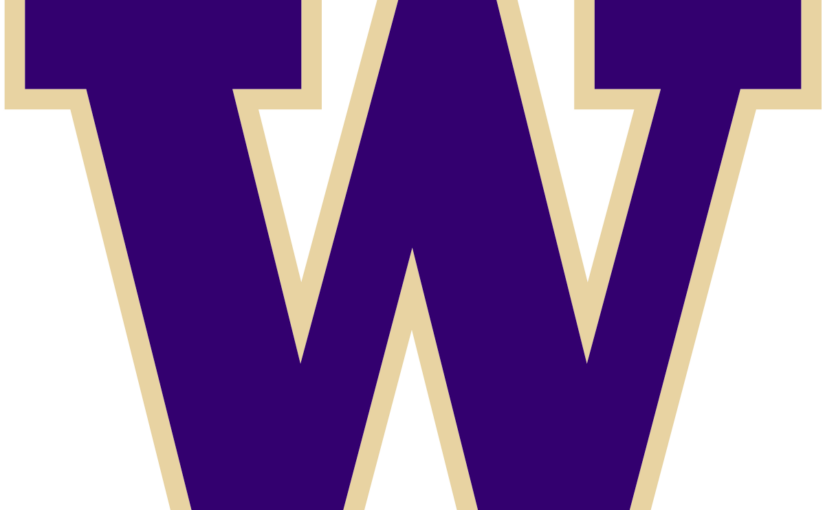Cal Begins To React To Losing Baseball Program
THE SIX MEN returned to the scene of their baseball triumphs, Evans Diamond on the UC Berkeley campus. Two of them are hobbling, but all six were agitated as they envisioned something special disappearing before their very eyes.
Dr. Bob Albo used a walker and Bob Milano used a cane as they came to look at the 77-year-old field that will no longer host baseball games if the proposed athletic department budget cutbacks go through.
Albo and Milano were joined Thursday by Earl Robinson, Kevin Maas, Cody McCormick and John Baker, collectively spanning six decades of Cal baseball.Clearly the angriest of the six was Albo, a Cal baseball and basketball star in the early 1950s, and a captain of both teams his senior year. A team physician to both the Raiders and Warriors, he now needs a walker for assistance as he’s battling a form of amyotrophic lateral sclerosis, or Lou Gehrig’s disease.
“I think this is gender-biased,” he said in accusing Chancellor Robert Birgeneau, Athletic Director Sandy Barbour and the Academic Senate. “They could have diverted some of those stupid funds that they’re putting up there on the hill to make an Olympic center. What the heck is that? I’m all for upgrading Memorial Stadium, and having a weight room and all the other aspects of it, but an Olympic center is $30-$40-million. What are we putting that thing in for?”
On Sept 28, Barbour and Birgeneau announced that UC Berkeley would be eliminating baseball, men’s and women’s gymnastics, and women’s lacrosse, while reducing men’s rugby to club status.
Albo immediately fired off a letter to Barbour, calling the cancellation of the 118-year baseball program “a travesty” then adding “you have done the university a great disservice. You and the rest of your so-called committee should be ashamed.”
Albo and other irked baseball alumni are wondering aloud that if UC Berkeley had a male athletic director instead, perhaps women’s softball would have been axed instead of baseball.
There are complaints, too, about the tree-sitter costs, which ran a million-plus, and all the “golden parachute” retirement packages for faculty and campus employees. UC Berkeley hasn’t exactly managed itself well financially, and its athletic funding ranks at the very bottom of the Pacific 10 Conference.
Now as the Pac 10 evolves into the Pac 12, Cal and Colorado will be the only schools without a baseball team. And it was Cal alumni, not UC Berkeley, who renovated Evans Diamond in 1992 at a cost of $275,000.
So it’s easy to see why the baseball alums are plenty mad.
Milano gave 31 years to Cal baseball as a player in the early 1960s and then as a coach, the last 22 years as head coach before retiring in 1999. Now using a cane as he fights sciatica, he refused to be quoted the first week after learning that baseball was one of the budget victims.
’I was emotionally upset,” he said. “I was too volatile at first, and didn’t need to say something stupid. But (the decision) was done harshly and too quick, and it could have a rippling effect. Other colleges might do the same thing.”
Can Cal baseball ultimately be saved?
“I’d say 60 percent no, 40 percent yes,” said Milano. “Sandy made it clear to me that there was no way to reinstate the program.”
And to think Cal baseball started in 1892, the year of the first Big Game. Cal has won two NCAA baseball championships — the inaugural event in 1947 and again in 1957. Cal has been to the NCAA baseball regionals two of the last three years, and currently is tied with Louisiana State at having the most major league ballplayers at 10.
Robinson was an All-American on Cal’s 1957 NCAA title team as well as a basketball hero. He then played baseball with the Baltimore Orioles and Los Angeles Dodgers. Berkeley is his whole world — he attended Berkeley High.
“The athletic program has the ability to generate funds,” he noted, “whereas the faculty doesn’t necessarily have to do it even though they are involved in debt. Some of the high visibility of the athletic programs creates an animosity. A lot of the faculty resent that.”
The six graduates, all with UC Berkeley degrees, are having difficulty balancing loyalty to their university against the disloyalty being shown Cal baseball.
“It’s shocking, stunning, very disappointing,” said Maas, a Cal standout in the 1980s who later played for the New York Yankees and Minnesota Twins. “It’s much deeper than just a game here — it’s tradition, part of the blood of Cal.”
McCormick, like Albo and Milano before him and Baker after him, was a Cal catcher, playing in the 1990s after graduating from Berkeley High.
“I really feel bad that future generations aren’t going to have the same benefits, and enjoy the same experience,” he said, “because there will be less opportunity for kids playing baseball in the area. There would definitely be a void.
“If anything, this has brought the baseball alumni together. We just need to talk this through, and fight it some way. Everyone’s pitching in and doing all they can.”
Baker, a Cal walk-on who earned a scholarship his junior year in 2001, now plays for the Florida Marlins.
“It was devastating when I heard the news,” he said. “It hurt more when I thought about the memories I had here, some of the best of my life. Without this program, I would never have achieved my dream of playing in the major leagues. I also hoped someday to have a son who would play baseball at Cal.”
Baker then recalled a Greek Philosophy class at UC Berkeley.
“I think of my academic experience here,” he said, “and how the Greeks held high athletic competition as important — they started the Olympics. Academia has always had a symbiotic relationship with athletics.”
But no longer at UC Berkeley, the nation’s No. 1 public university (U.S. News & World Report). Baseball may be the national pastime, but at UC Berkeley, baseball appears past its time.
Well, Barbour and Birgeneau could always convert Evans Diamond into another People’s Park







